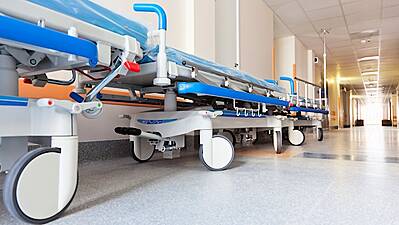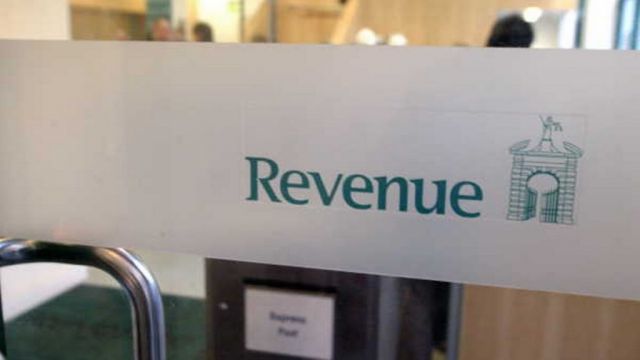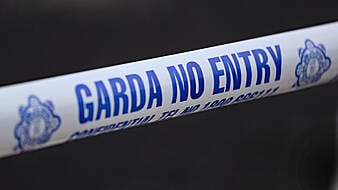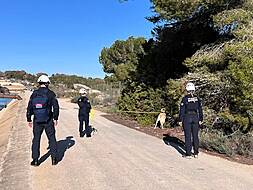A Revenue review of a glaring pension loophole found some businesses were transferring over €500,000 per year into funds for the owner, their spouse, their children, or parents.
An analysis of suspected misuse of the PRSA scheme found that in 2023, 125 companies had moved at least €100,000 into someone’s pension fund to benefit from generous tax relief.
The review found 17 of these cases involved payments of at least half a million euro and that the numbers involved appeared to be rising.
It said that in nearly 80 percent of the cases, the employee that benefitted was personally connected to the employer “i.e. owner or spouse, child, [or] parent.”
The Revenue review also found that for thirteen of the transfers, the person who benefitted had only taken up employment that year.
The review found some cases where the contribution to the pension fund exceeded €1.3 million in a 12-month period.
It said: “The level of salary and service suggests that these contributions would have exceeded Revenue maximum funding limits had they been made to occupational pension schemes.”
The loophole on PRSAs – commonly used by people to save for their retirement – was closed in last year’s budget.
The review by the Revenue Commissioners also found that a small number of businesses were responsible for an outsized proportion of contributions.
It said: “Whereas the 125 cases in 2023 represent 0.3 percent of the total number of employments with employer PRSA contributions, the contributions paid in respect of these cases represents 20 percent of the overall amount of employer PRSA contributions.”
A deeper analysis of the 125 cases involving employer contributions of over €100,000 found that 61 percent went directly to the owner of the business.
A further 12 percent of cases involved spouses while children and parents accounted for a smaller proportion of the payments.
It said in cases involving payments of over €1 million, there was blatant evidence of “salary sacrifice” to maximise pension contributions and avoid tax.
A separate report on the scheme said this sort of “salary sacrifice arrangement” was prohibited under tax laws.
The Revenue analysis also found that there were no payments of this type prior to the introduction of the Finance Act of 2022.
That legislation had created the loophole where the pension top-ups avoided an income tax charge, which had in turn been seized on by some accountants and their clients.
Notes of one case, which was redacted, said: “This situation is clearly abusing the lack of limits on the tax relief applicable to employer contributions to PRSAs.”
A separate briefing note said it was clear that the loophole was “giving rise to what could be considered as behaviour that is over and above and contrary to the policy intention.”

It explained how employing family members was not unusual; however, some of the cases uncovered were highly questionable.
These included instances where a spouse or child was hired on a “relatively moderate salary” with multiples of their salary then being siphoned off into pension funds.
“Revenue’s concern is that there could be an increase in cases such as those above, whereby those with the means to do so utilise the provision as currently operating to gain favourable treatment for themselves or members of their families,” said the briefing.
Asked about the records, the Revenue Commissioners said they had nothing further to add to the contents.







